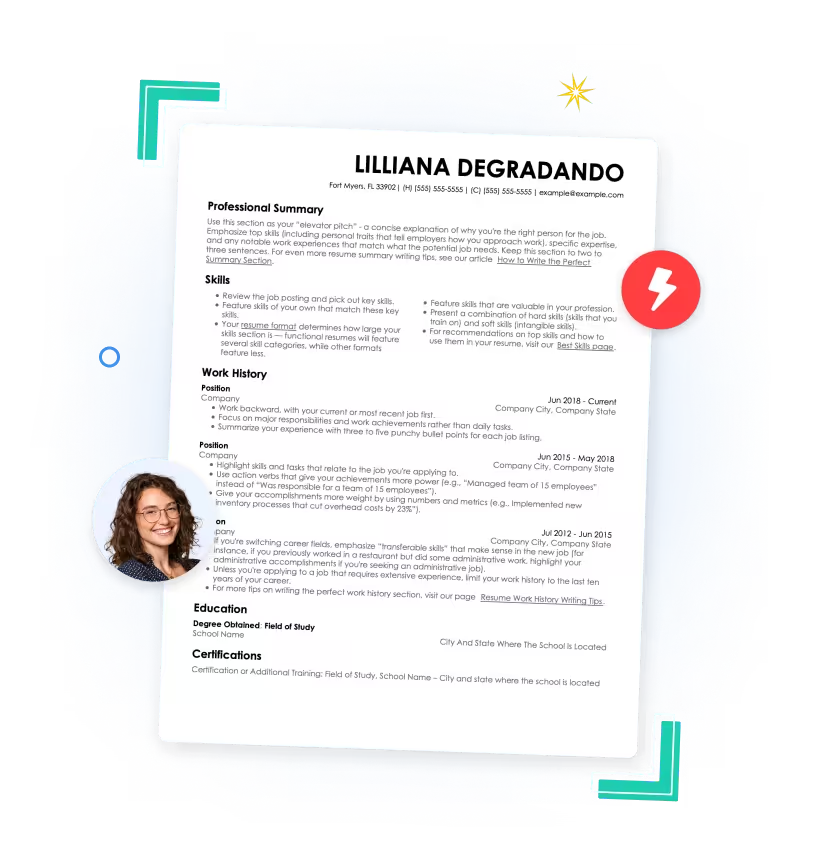Job seeking can feel like a bucking rodeo in the Wild West. And writing a resume can feel like it’s own wild ride. But with the correct resume length, you can spur your way to the final roundup of qualified candidates.You may have heard the old employment adage: keep your resume down to a single page and shine during the interview. It may surprise you to learn that this old-fashioned way of thinking is just that – out of date!
Most recruiters spend, at most, six seconds glancing at your resume. So if you have such a short amount of time to wow a hiring manager, how long should a resume be? The truth varies depending on your experience and skills – let’s dig into the nitty-gritty!
True or False? No Resume Should be Longer Than a Single
This statement is false! Let’s get back to the one-page resume rule: it’s only partially correct.
A one-page resume is well suited for a specific group of jobseekers. New graduates and entry-level employees don’t have enough experience to extend past a page. Write a longer resume, and you risk droning on about irrelevant information.
If you have fewer than 10 years of experience, keep your resume short and concise and focus on your desirable skills and accomplishment. You don’t want to lose a recruiter’s interest, so write just enough to prove that you’re an accomplished and skilled candidate. Keep the following rules in mind.
- Focus on your skills
- List relevant work experiences, internships, and training courses
- Highlight your education, primarily when responding to a job listing specifically looking for new graduates
True or False? A Resume That’s Longer Than a Page Goes Straight into the Trash!
This statement is false! The truth is that many jobseekers are sitting on a lot of relevant work experience. If you’re one of them, your resume should reflect and demonstrate these hirable skills.
In this case, some jobseekers try to condense their resumes by writing short listings for each job, but a one-page list of previous positions without detailed descriptions of the required responsibilities may not give a recruiter enough information about your accomplishments.
How long should a resume be if you have over 10 years of experience or multiple positions with increasing responsibilities? In these scenarios, go with the two-page resume. You’ll have ample space to delve into detail without sacrificing valuable information, cramming the page, or shrinking your font to an illegible size.
Here are some additional guidelines for writing a two-page resume.
- Start with a highly specific, eye-catching resume summary tailored to the job posting
- Dedicate three to five bullets for each role, describing what you did, accomplished, and learned
- Delve into specifics but avoid repeating phrases or tasks
True or False? A Three-Page Resume is Never Necessary
Also false! How long should a resume be for an executive or senior-level manager? Jobseekers in these roles should consider the value of a three-page resume. After all, you’ll need space to describe the following information, including:
- Leadership experience and management style
- Successful corporate initiatives and how they benefitted the company
- A list of published work, speeches, academic coursework, trademarks, and patents
There is no hard and fast rule when it comes to resume length, which will vary depending on your experience level. Keep in mind the general rule of thumb allows one page for every 10 years of experience.
Still not sure where your professional history falls? A resume builder can nudge you in the right direction.
